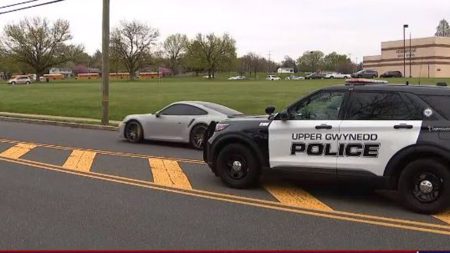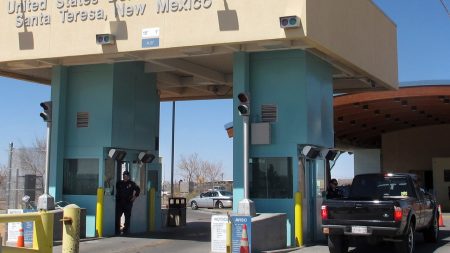Federal officials have stated that last year’s fiery train derailment in eastern Ohio does not qualify as a public health emergency as widespread health problems and ongoing chemical exposures have not been documented. The EPA never approved this designation following the Norfolk Southern derailment in February 2023 in East Palestine, despite concerns over potential long-term health consequences of the chemicals spilled and burned during the incident. While some residents have reported respiratory problems and unexplained rashes, the decision to not declare a public health emergency was based on the lack of environmental data about ongoing chemical exposures.
Residents of East Palestine have expressed frustration over the lack of official recognition of the disaster’s impact on the community. Reports of children experiencing rashes, nosebleeds, and new health issues have raised concerns among locals. Yet, the EPA insists that extensive testing has not revealed concerning levels of chemicals apart from those immediately surrounding the derailment site, which were removed last year. Despite ongoing monitoring efforts, residents and watchdog groups like the Government Accountability Project continue to push for support for those affected by the derailment.
The emails obtained by the Government Accountability Project shed light on the EPA’s decision-making process following the derailment. While acknowledging the potential dangers of releasing and burning the vinyl chloride involved in the incident, officials on the ground ultimately made the call to proceed with this action to prevent further explosions. The EPA conducted tests to monitor for dangerous chemicals during the burn and evacuation, finding only low levels of hydrogen chloride and no phosgene in the smoke plume. The full investigation into the derailment, including the decision to vent and burn the vinyl chloride, is ongoing.
The cleanup efforts in East Palestine have already cost Norfolk Southern over $1.1 billion, with more than $104 million allocated for direct aid to residents and the town. Although the railroad giant has promised to establish a fund for long-term health needs within the community, this has yet to materialize. President Joe Biden has refrained from declaring a disaster in East Palestine, citing Norfolk Southern’s responsibilities towards the cleanup. However, residents like Rick Tsai, a chiropractor and former congressional candidate, fear that without a public health emergency designation, the township may struggle to access the resources needed for a full recovery.
Lesley Pacey, an environmental investigator with the Government Accountability Project, emphasizes the importance of ensuring residents receive the necessary assistance to address the long-term health impacts of the derailment. Reports of new health issues, including seizures and cancers, underscore the urgency of providing support to those affected by the disaster. While the NTSB’s investigation into the derailment is ongoing, the EPA expects the cleanup in East Palestine to be completed later this year.
In light of ongoing concerns about the environmental and health impacts of the derailment, residents like Jami Wallace continue to advocate for greater recognition of their struggles. The decision not to classify the incident as a public health emergency has left many feeling neglected and hopeless about the future of their community. As federal and state authorities continue to monitor the situation in East Palestine, efforts to address the long-lasting effects of the derailment remain a key priority for residents and advocacy groups alike.















